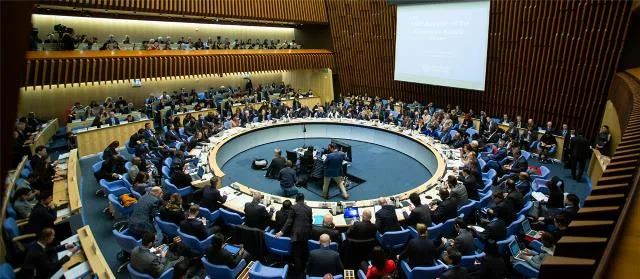In a landmark achievement, the World Health Organization (WHO) member states have concluded negotiations on a comprehensive pandemic preparedness agreement. This legally binding accord aims to fortify global defenses against future pandemics, drawing lessons from the COVID-19 crisis.
Key Provisions of the Agreement
The agreement encompasses several critical components designed to enhance international collaboration and readiness:
- Pathogen Access and Benefit-Sharing System: Establishment of a framework to ensure equitable access to pathogen samples and the benefits derived from them.
- Diversified Research Capacities: Promotion of geographically diverse research and development capabilities to address emerging health threats effectively.
- Global Supply Chain and Logistics Network: Creation of a robust international supply chain to facilitate timely distribution of medical resources during health emergencies.
- Strengthened Health Systems: Initiatives to bolster the resilience and preparedness of national health systems worldwide.
Background and Development
The impetus for this agreement originated in December 2021, amidst the COVID-19 pandemic, when WHO member states established the Intergovernmental Negotiating Body (INB). The INB was tasked with drafting a convention under the WHO Constitution to enhance pandemic prevention, preparedness, and response.
Over three years of intensive negotiations, involving extensive consultations and consensus-building, culminated in the current draft. The agreement reflects a collective commitment to a unified global health strategy.
Next Steps
The finalized draft will be presented at the upcoming World Health Assembly in May for consideration and potential adoption. If ratified, this would mark only the second international treaty in WHO’s history, following the Framework Convention on Tobacco Control.
Global Impact and Significance
Despite the United States’ withdrawal from the WHO and the negotiation process earlier this year, the agreement has been hailed as a triumph of multilateral cooperation. Global health experts view this development as a pivotal moment in international health governance, emphasizing the importance of solidarity in addressing global health challenges.
This historic agreement underscores the international community’s dedication to preventing future pandemics and safeguarding global health through collaborative action.




+ There are no comments
Add yours